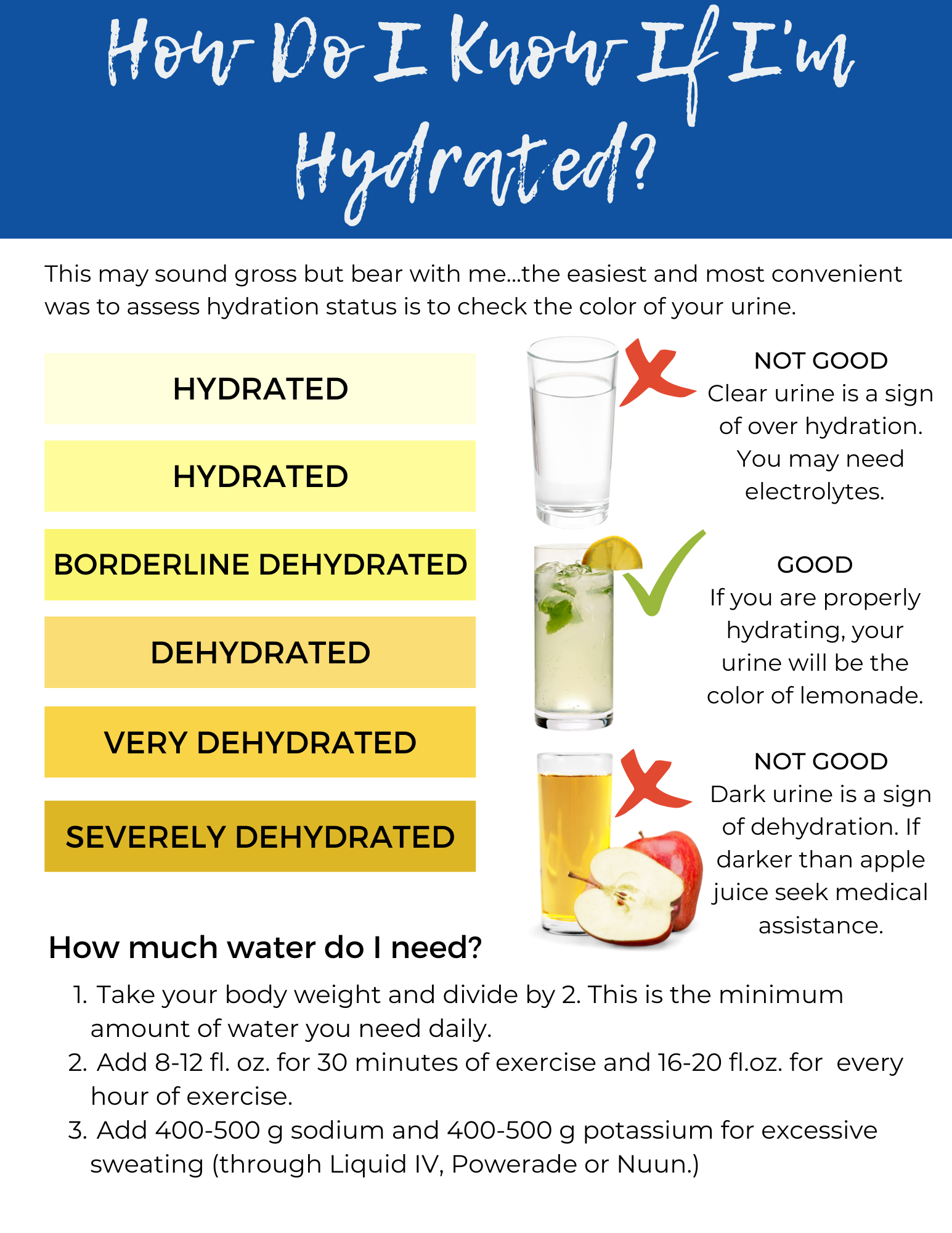Guide to Summer Training for Athletes
Summer is an exciting time for athletes from elementary age to college. Every athlete’s reason for looking forward to summer may be a bit different, but there is no denying that it can be a time to get ahead in the athletic performance realm, or possibly, if approached incorrectly, fall behind.
What’s the difference, and how can this happen? Let’s explore.
Here are some initial dos and don’ts to consider:
Dos:
Take proper rest after a competitive training year. Just finished up tournaments or big meets in June? You will need some rest and recovery. This does not always mean complete inactivity and could include cross-training or active recovery strategies.
When you are ready to get back to work, make sure you are following a properly written training plan, especially if you are someone who plays in a summer league. There is no substitute for a science-backed, properly periodized training program.
Fuel your body properly for the heat. Summer months and hot, humid weather require special attention to energy requirements and fluid intake. A special focus on electrolytes, increased protein requirements, and a well-balanced diet should not be overlooked.
What does dehydration look like? Check out this graphic to catch the signs of dehydration early.
Don’ts:
Participate in overly dangerous activities. If you like playing your sport, you should rethink that cliff dive. Consider trying pickleball as a form of cross-training, or adding a couple of extra laps to your pool routine.
Overtrain. You may be tempted to train three times a day with all that free time, but that may do more harm than good. Focus on hitting the weight room and following that training plan mentioned above. More isn’t always better!
Become sedentary. Just as much as you may be tempted to overtrain, summer seems like a great time to become a couch potato and chip connoisseur. Detraining is real and can begin to occur in as little as 1-2 weeks.
Stay up too late! Although you can’t technically “catch up” on sleep, going to bed too late consistently can harm recovery. There is no substitute for adequate sleep. Dive deeper into the topic of sleep on our podcast episode: Don’t Sleep on This Episode!
So here’s the thing - summer can be used to build a good base of strength, improve speed and quickness, or refine skills needed for a sport if approached properly. However, the risks athletes often face during the summer are detrimental activities that do not improve performance, such as detraining, overtraining, or even risky behaviors. The best way to avoid under- or over-training is to follow a periodized training plan created by a qualified and certified professional. A program of this kind will be tailored to improve the overall athleticism necessary for a particular sport. A well-designed program will give athletes a good base of strength and conditioning, and when combined with skill practice, will set an athlete up for success heading into organized practices.
It is also a good idea to keep track of progress over the summer months. Not only will this give a concrete indication of improvement, but it will also provide insight into the types of exercises/activities that are lagging. Tracking daily indicators of “readiness” and “training load” enables athletes to gain a deeper understanding of recovery and nutrition habits, exposing powerful signs of overtraining risk.
Interested in learning more about the right summer training program for you? Have questions for our team? Reach out to us at acesnation.org!


